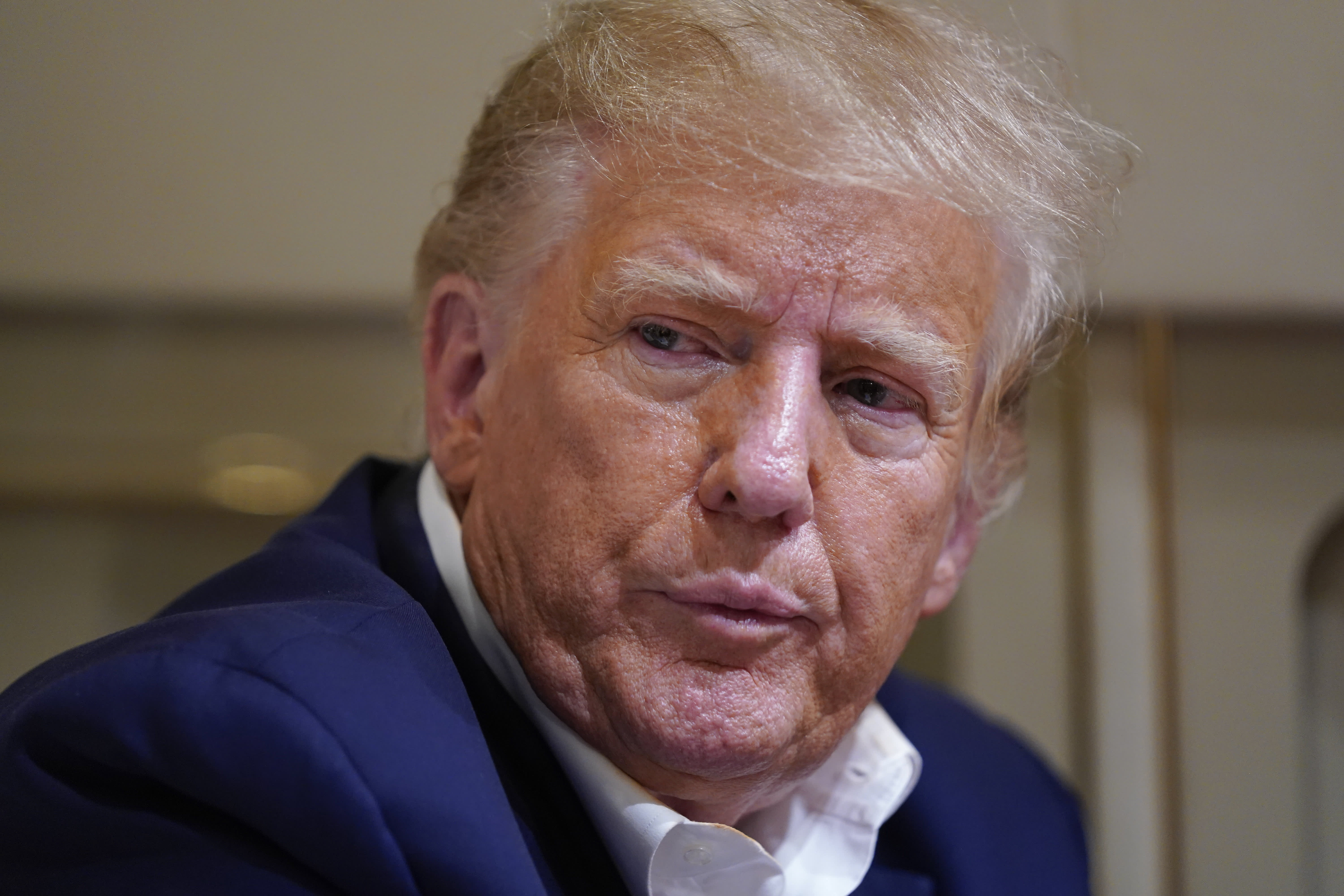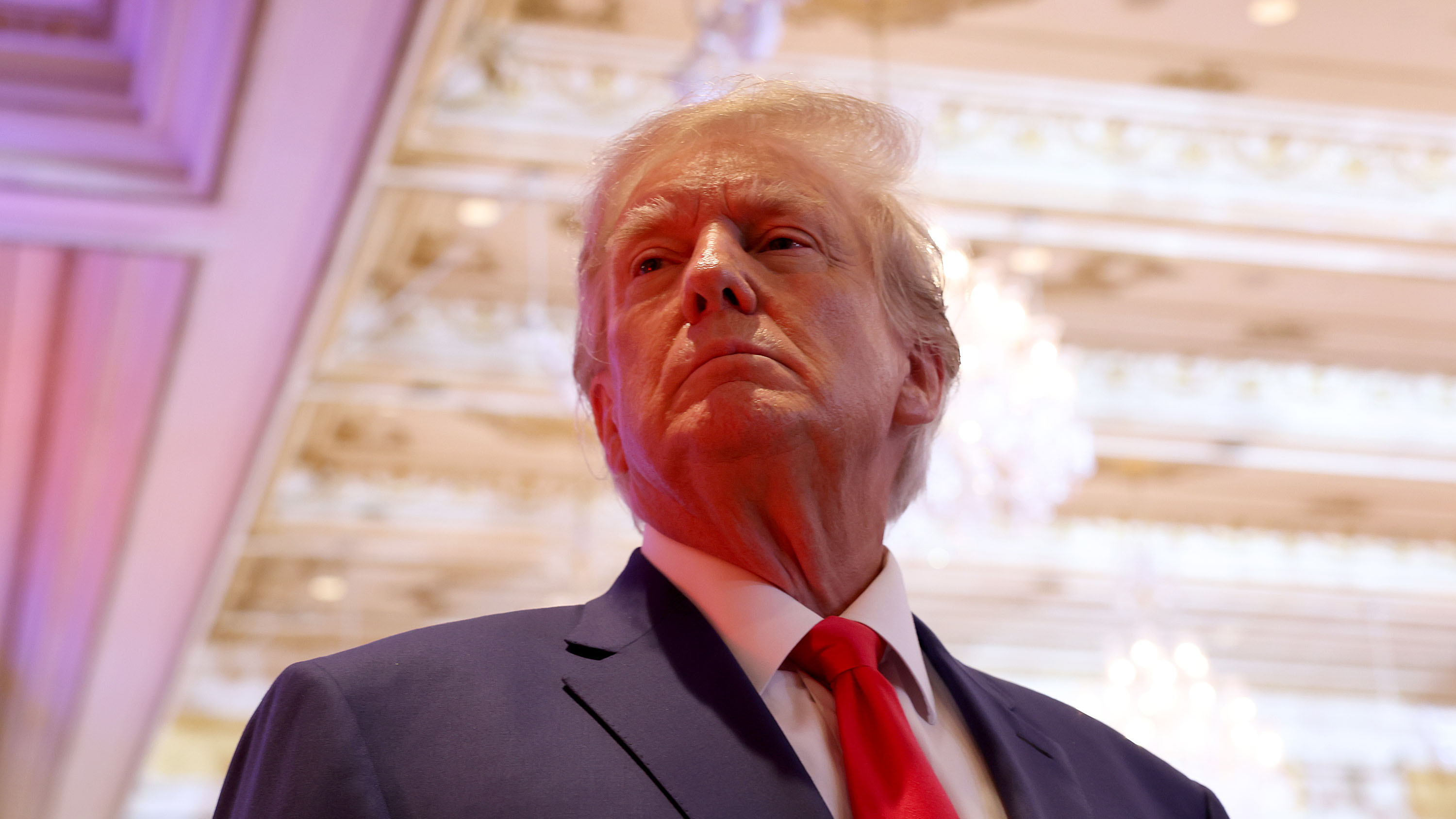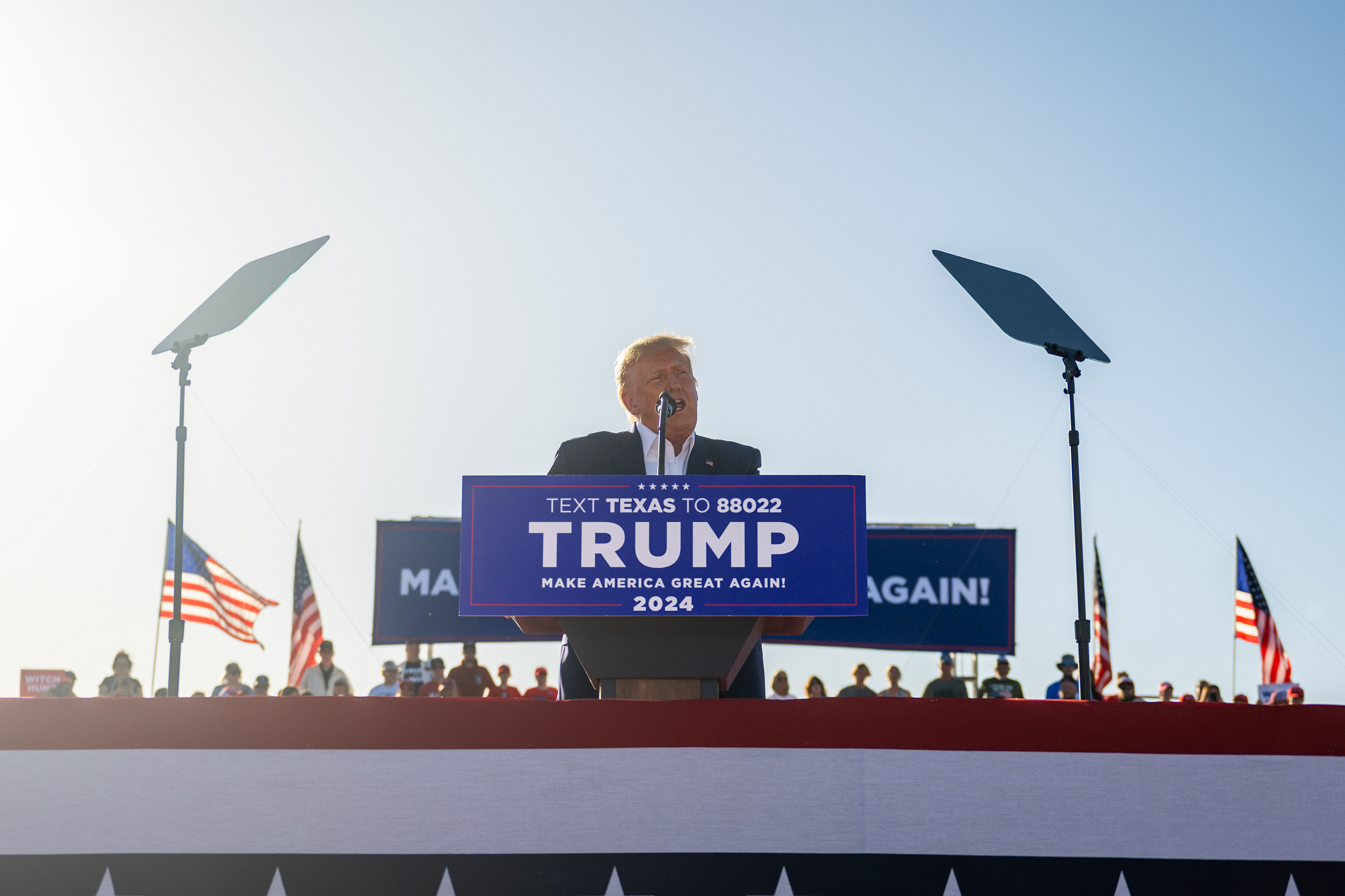When a Manhattan grand jury voted to indict former President Donald Trump Thursday, he became the first former president in history to be formally charged with a crime.
Still, questions remain about the timing of his surrender or what that process would look like. Two sources familiar with the matter said that the tentative plan is for Trump to appear before a judge next Tuesday after 2:15 p.m.
“It's a new thing for our country, after all this time that we've been operating under our Constitution. And it's going to make us think about a lot of things about our government, how they're supposed to work,” said appellate lawyer David Coale.
Coale, a constitutional law expert, said Thursday’s indictment simply starts the formal courtroom process of criminal prosecution.
Get DFW local news, weather forecasts and entertainment stories to your inbox. Sign up for NBC DFW newsletters.
He said the former president will now appear in court to be arraigned before the case moves to trial or ends in a settlement. But, there's uncertainty amid unchartered territory.
"For example, a typical person who has been indicted may be picked up by the police, or they might have to show up at the police station. Here, you have someone who's under the protection of the Secret Service. And how do you manage that? We've never thought about that before. So just the very basic logistics of having Donald Trump appear in court for an arraignment raises questions that we've never confronted before,” he said.
NBC News reports the Secret Service is coordinating with New York officials ahead of the former president's court appearance and tightened security.
Whatever happens in this case or others won't prevent Trump from continuing his 2024 bid.
Still, Coale said it could play a role in the court of public opinion and in how the country views allegations of wrongdoing by top leaders in the decades to come.
“Remember, Nixon was pardoned. He faced a serious threat of criminal action, and Gerald Ford didn't want the country to go through with that and probably lost his ability to be reelected as a result. That's how seriously we, as a country, have generally taken the idea that once you're out of office, we just kind of let that all go. This changes that,” said Coale.
He added, that makes the long-term consequences just as significant as the short-term questions voters will soon be asked to make.




